By Donna Kane, MA, Grief Counselor, Jewish Community Services
Dating Again
Many people say that it’s a couple’s world and indeed, it may seem that way when you have been widowed or divorced. For those who are newly single the perception of a “couple’s world” is especially daunting. Baby boomers who are choosing to date have to learn to embrace a new identity and navigate a new social environment.
After spending decades as a couple, many people face overwhelming feelings of isolation and loneliness when they find themselves suddenly single. People who are now 50 and older most likely met their spouses organically, at work, school, or a social event. When boomers were in college, computers took up entire rooms w and electronic socializing and dating were the stuff of science fiction. Needless to say, dating has changed. Social media and online dating services have made people more accessible to one and other which may be a good thing for people are ready for a new, healthy relationship. But to be ready, it is important to do the work of mourning the loss of your prior relationship and becoming comfortable with yourself and your identity in your “new normal.” Skipping this step and moving too quickly into dating can make you more vulnerable to being exploited or manipulated.
All the “good ones” are taken, you say. I would suggest that there may be even “better ones” out there.
Many people who engage in support groups following divorce or the death of their spouse are adamant they will never date again. They are certain that they will live as a widow or a divorced person forever. But, forever is a long time. Boomers may have decades of good health and good living ahead of them. One of the happiest moments I have as a grief counselor is when I get a call from a former client and the conversation starts with, “you are not going to believe this…I met someone.” I cannot tell you why the conversation always starts with, “you are not going to believe this.” I totally believe it!
There is good news for those ready to re-engage in social activities and even start dating. Now more than ever there are activities to accommodate all types of people and interests. Travel companies are catering to singles, there are book clubs, outdoor activities, Mah Jongg and bridge groups for singles.
All the “good ones” are taken, you say. I would suggest that there may be even “better ones” out there. Many people who have experienced the loss of their spouse or partner – whether because of death or divorce – find that they have grown personally and spiritually through the experience. As a result, they may, in fact, be better prepared for a healthy relationship. With age and maturity, people often feel more comfortable and secure in their identities, which can allow for greater emotional and physical intimacy. Of course, that doesn’t mean there won’t be some nervousness, especially about introducing physical intimacy into the relationship. No matter our age, it is a significant step. And even though concerns about birth control may not be an issue, taking safety precautions remains important. In fact, the CDC recently reported that the rate of sexually transmitted infections (STIs) is increasing in the 50 and over population.
Finding a relationship later in life can be “challenging” says Mary K. who began to date a few years after her divorce. My best advice, she says, “is be honest with yourself and the people you date. If you can do that, the bad experiences become funny stories and the good experiences sometimes turn into a relationship.”
A woman in one of my grief groups told me she had so much anxiety about a first date she thought about taking all the family pictures off the walls. “There were too many holes in the walls, so I left them up.” One picture of her and her late husband was, in her words, “front and center in the entrance way.” Her date picked her up and made no comment about the picture. When they came back, he asked who was in the picture and commented on how handsome her husband was. What does that mean, she wondered? Her first instinct was to minimize the photo, but she remembered her grief group discussing the importance of accepting and integrating the past into the future relationships. She told him this, “My husband was very handsome, and he was a wonderful grandfather. My grandkids really miss him.” He totally understood and they dated for almost a year before he moved out of state and she choose to stay in Baltimore to be near her family.
Of course, some people won’t journey into dating or a new intimate relationship, and that’s okay, too. Being alone, either by choice or by chance does not mean you have to be lonely. What is essential is to develop a positive support system of friends and family who will be there for you to share the good times and the bad times, people who will be there for you when you need physical and emotional support.
A sense of social connection is one of our fundamental human needs. Social connection has been proven to improve health, well-being, and longevity. When you feel ready to re-engage, there are many avenues available for making meaningful, healthy connections. Dating can be one option at any age.
Subscribe to our newsletter
The Associated is a home for everyone in the Baltimore Jewish community. We offer several email lists to help people find a community, engage with their peers and support Jewish journeys around the world.
Join Our Mailing ListAdd Impact to Your Inbox
Sign up for our newsletter
Subscribe to our newsletter
The Associated is a home for everyone in the Baltimore Jewish community. We offer several email lists to help people find a community, engage with their peers and support Jewish journeys around the world.
Join Our Mailing List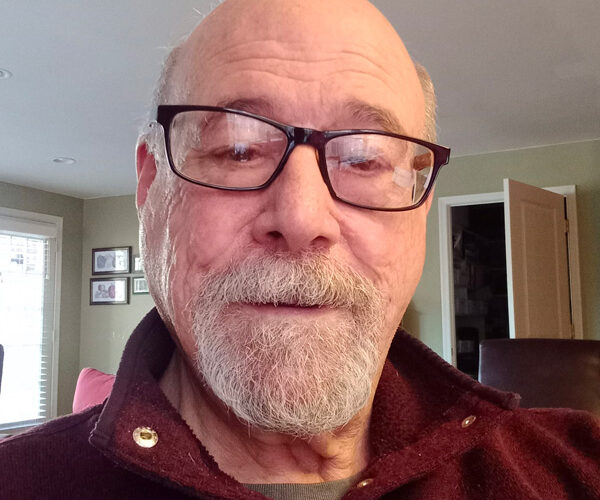
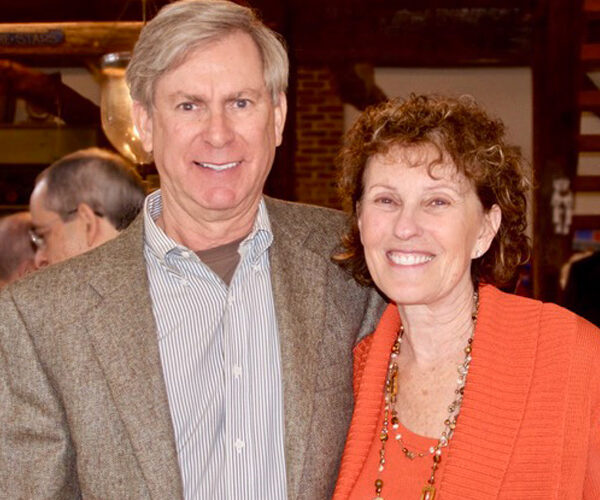
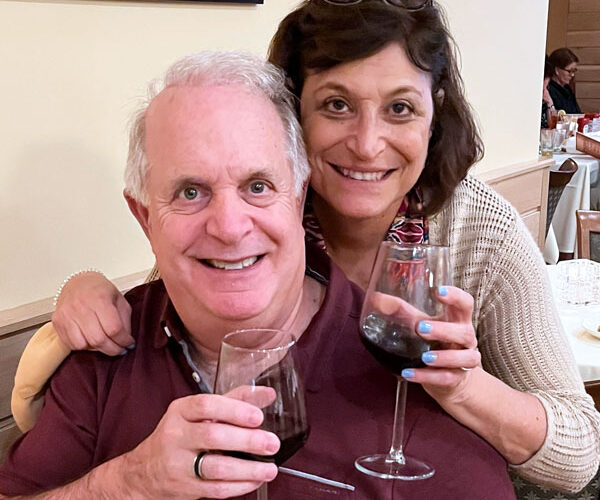

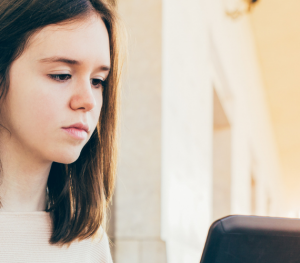
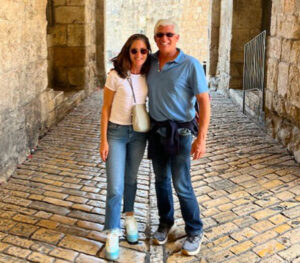
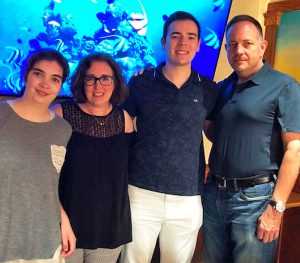
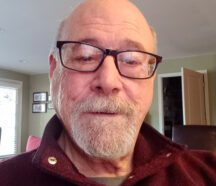
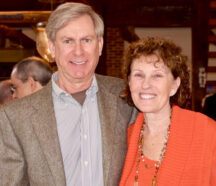
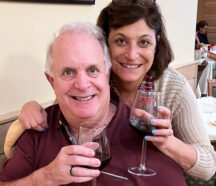
 Please Wait while we loading your video.
Please Wait while we loading your video.